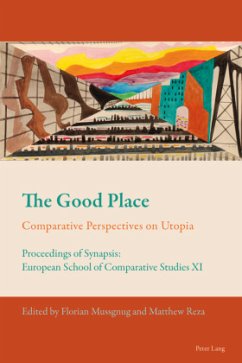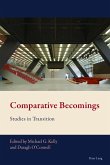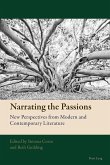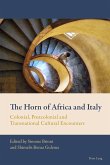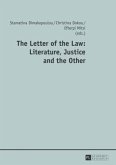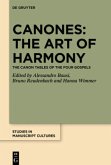Utopian literature provides a compelling vision of epistemological and moral clarity: a dream of harmony and justice. But in an age of surveillance, utopia is also the nightmare of a perfectly controlled, sealed and monitored world that leaves no room for ambivalence or discretion. In The Good Place, leading scholars of comparative literature explore this tension and examine the richness and diversity of utopian writing, from the genre's earliest manifestations to the present. Utopia is seen as a tenacious force of the human imagination: a desire for renewal that manifests itself in the tension between social reality and the virtual worlds of unlived possibility. Notable for its engagement with a wide range of texts from different periods and national traditions, this book invites the reader to rethink 'the good place' from the specific perspective of literary studies and suggests that utopia, in the realm of fiction, is more than just a philosophical abstraction. Mediated by theexperience of authors, characters and readers, utopian literature offers a transient but genuine experience of perfection, beyond the horizon of everyday lived experience.
Bitte wählen Sie Ihr Anliegen aus.
Rechnungen
Retourenschein anfordern
Bestellstatus
Storno

